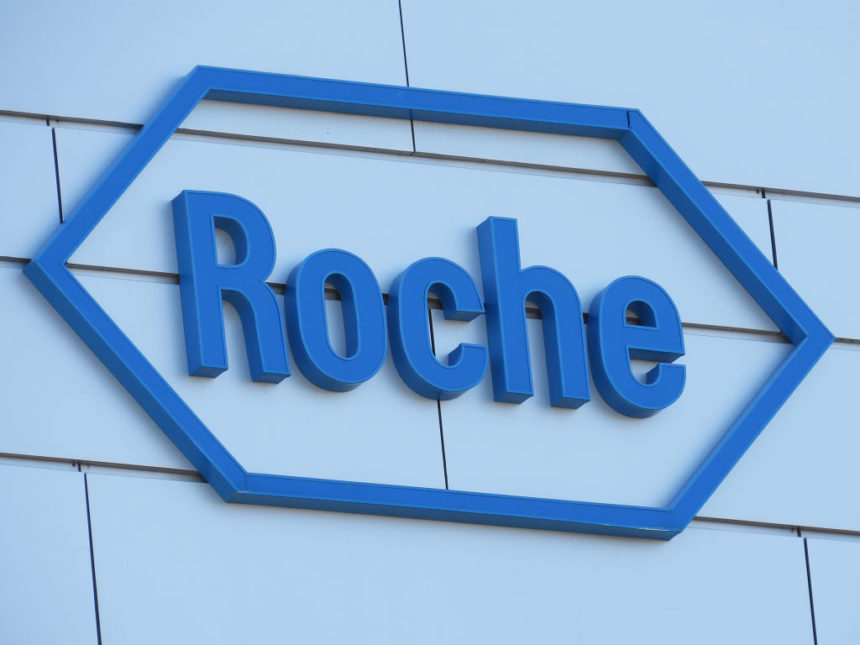Soliris, AstraZeneca’s treatment for paroxysmal nocturnal hemoglobinuria (PNH), may have some competition soon if Roche has anything to say about it.
Roche released data from a Phase III trial Tuesday morning that found crovalimab, its drug candidate for treating people with PNH, achieved disease control and was on par with Soliris.
PNH is a rare, life-threatening blood condition that causes symptoms such as anemia, fatigue, blood clots and kidney disease. Between one and five people per million have PNH, according to the National Organization for Rare Diseases.
As part of the study, Roche administered the novel, investigational anti-C5 recycling monoclonal antibody via subcutaneous injection every four weeks compared to Soliris, which is administered every two weeks.
In a separate Phase III study, people who have PNH switched from approved C5 inhibitors to crovalimab and the data supported the favorable benefit-risk profile of the drug candidate.
“People with PNH may benefit from more options to achieve robust disease control with less frequent treatment intervals,” Levi Garraway, M.D., Ph.D., Roche’s chief medical officer and head of global product development, said in a statement. “As the first global phase III data for crovalimab, these results emphasise its potential to address these needs. We look forward to submitting these data to regulatory authorities, bringing us one step closer to making crovalimab available for people with PNH around the world.”
Going forward, Roche said it will submit data from both studies to global regulatory authorities.
The news of crovalimab’s performance in the Phase III trial was unveiled one year after UCB released data that found its drug candidate zilucoplan was effective in treating myasthenia, thus making it a potential rival to Soliris. In November, zilucoplan received a New Drug Application from the Food and Drug Administration.
Additionally, the crovalimab data comes after a busy few weeks for AstraZeneca, which has experienced its share of highs and lows.
In mid-January, AstraZeneca and Avillion’s Airsupra (formerly PT027), was approved by the FDA as an asthma rescue treatment in what Elizabeth Bodin, VP of U.S. respiratory and immunology at AstraZeneca, called a “paradigm shift” for asthma care.
Weeks later, the British drugmaker saw the FDA withdraw the Emergency Use Authorization for its COVID-19 treatment Evusheld due to the drug’s ineffectiveness against new subvariants of the virus.








